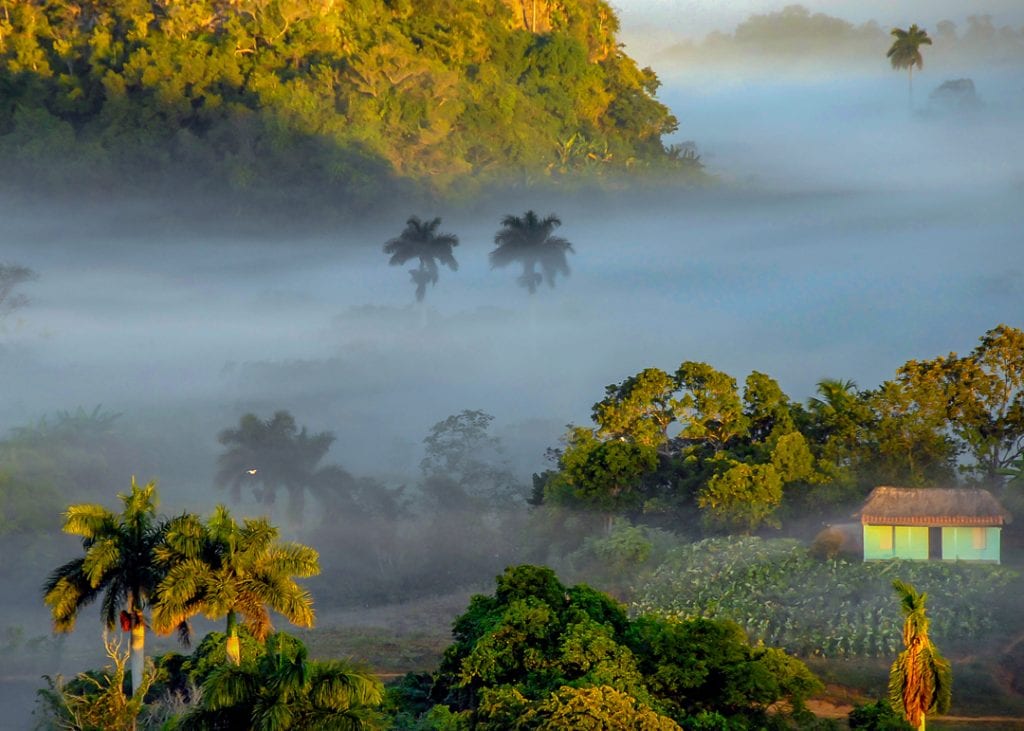
By Fabiana del Valle
HAVANA TIMES – When the first sunrays begin to color the sky in shades of orange and pink, Rigo drinks a cup of coffee, his only breakfast, and heads out to work. His figure is silhouetted against the growing light of day, an outline that moves with deliberate slowness. He carries on his back the years of a life dedicated to the land, every line on his face carved out by the sun and rain.
From the time he was small, he’s followed this routine. Along with his machete and hoe, he carries a box to sit down on, while, little by little, he labors to clear the terrain of marabu bushes and weeds. Age has limited the obligations he can assume, but he hasn’t lost his urge to “devour the whole world.”
Every step taken amid the planted rows is a testament to his connection with the earth. He seems to know each rock, every change in the soil. He stops occasionally and bends over, with difficulty, but without hurrying, to pull out some weed, or to closely inspect the progress of the growing plants.
For years now, the marabu bushes have extended their range over the plains that once upon a time served for the cultivation of sugar cane, rice, vegetables or for grazing cattle. Nothing escapes its thick branches with thorns that discourage even the most intrepid farmers.
But Rigo hasn’t given up yet. No one knows the land like he does, and in his hands, everything flourishes and gives fruit. He’s a man of the countryside, brusque and coarse to some. He doesn’t know anything about technology, modern life or trends; he doesn’t understand anything about politics, but he recognizes the roots of our agricultural problems.
He was born in 1939, and as the son of farmers learned that to eat you have to produce; that the land is a good resource if worked on with dedication. He delights in the wind that moves the branches and shakes the leaves, creating patterns of light and shadows on the


